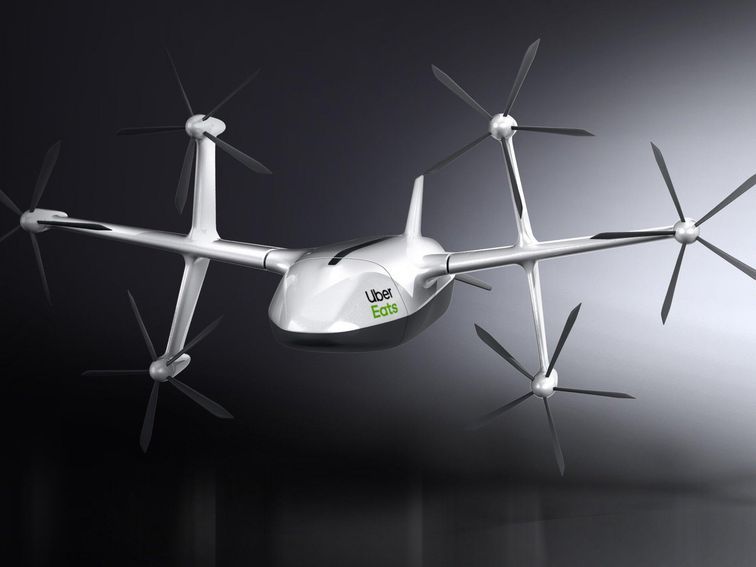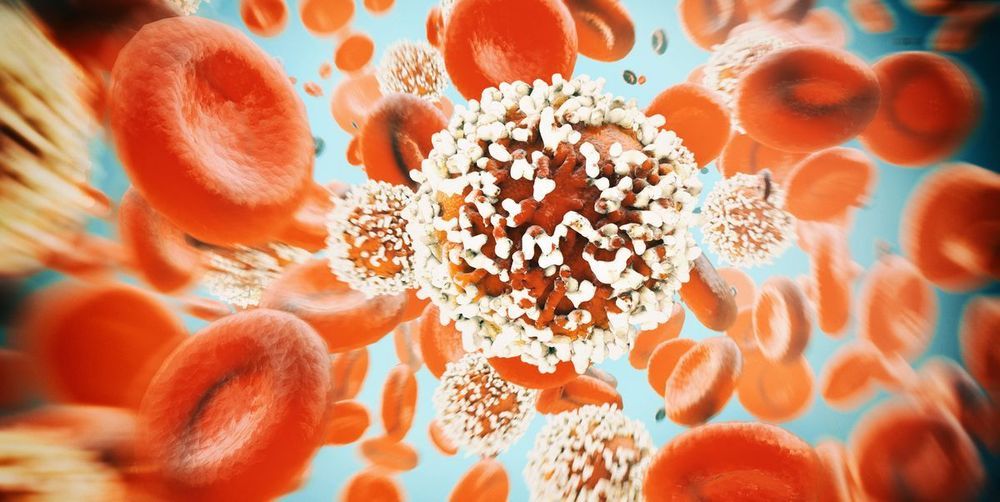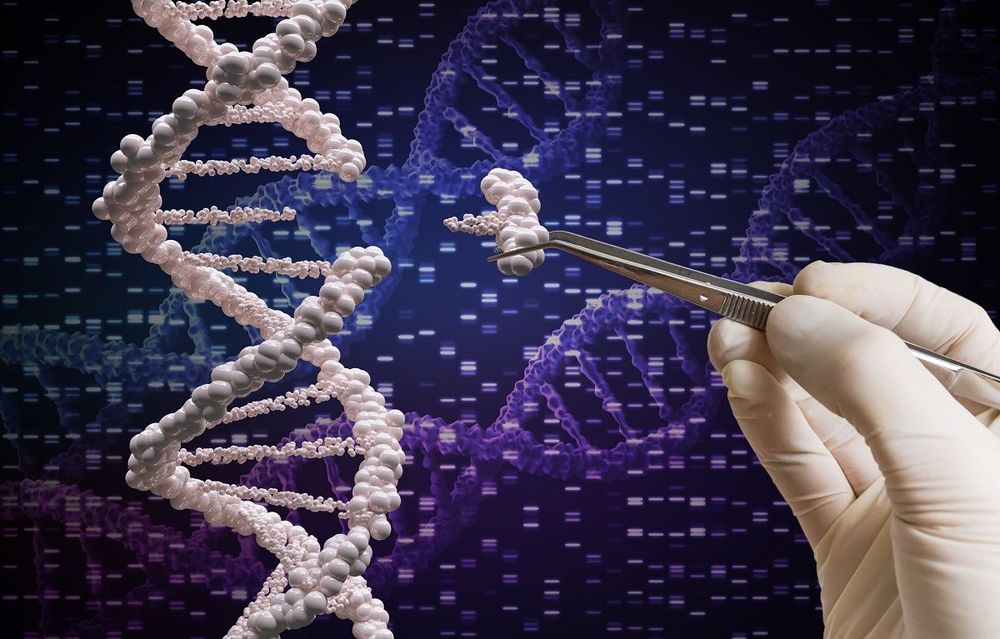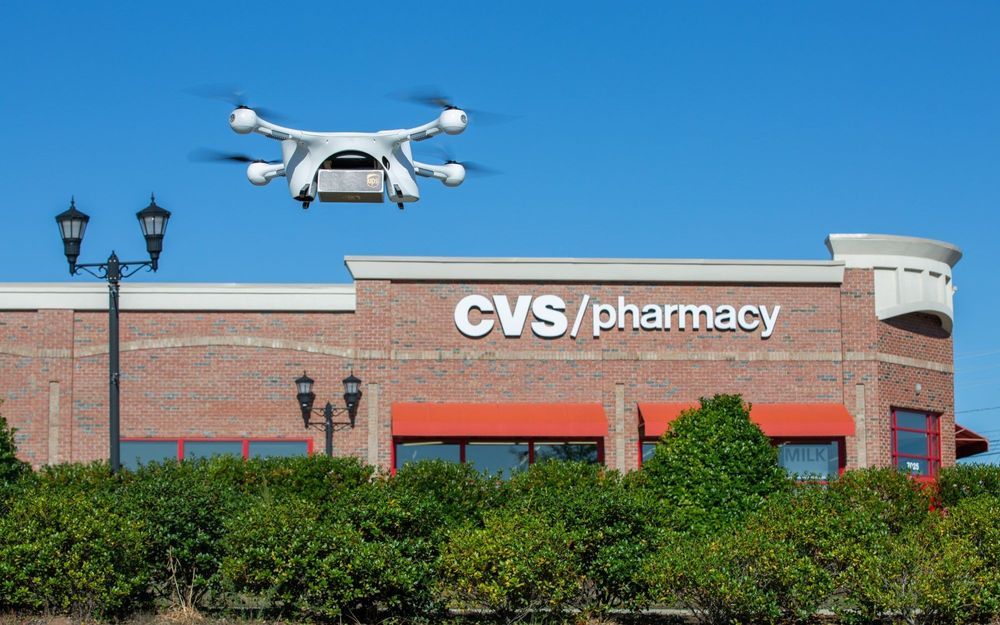
On the first page of Heinz Koop’s fecal analysis test results, a bar showed where he fell on a gradient from green to red. A label above said, in German: “Overall dysbiosis.” Koop was not in the green or even the yellow regions, but a worrisome orange. It was a bad result — but, he says, “I was kind of happy.”
Doctors hadn’t given him a satisfying answer about his recurring bloody diarrhea and other gut troubles. But Koop had learned on Facebook that he could test his gut microbiome — the community of bacteria and other organisms living in his gastrointestinal tract — to look for problems. Koop ordered a test from a German laboratory called Medivere. The results said his gut microbes were imbalanced, which was something he thought he could treat. Soon he would be attempting to correct this imbalance by chauffering a friend’s fresh stool samples home to implant up his own colon.
Trillions of microbes living on and in our bodies, especially our guts, make up our microbiome. The bugs in our bowel are not just there to slow down our poop, as one researcher speculated in 1970, but are intricately connected to our health. Gut microbes help us digest our food, make critical vitamins, and keep pathogens out. Over the past decade or so, research into the microbiome has exploded as researchers have tried to tease apart the complex connections between our diseases and our resident microbes.

















